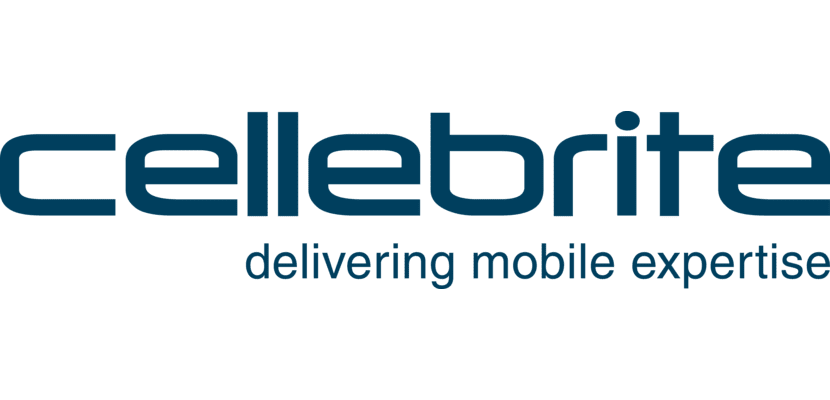
The Indian Forensic Science Laboratory is in negotiations to acquire technology created by Israeli mobile software developer Cellebrite that would enable penetrate an iPhone bypassing all the security measures implemented by Apple, including the lock code and the user's fingerprint that is used through Touch ID.
The technology developed by the Israeli Cellebrite was what the FBI used to gain access to the iPhone device of the San Bernardino terrorist, a case that generated widespread controversy after Apple refused to comply with the court order that legally obliged it to facilitate the authorities' access to said terminal in the framework of the police investigation.
India wants to get into the 'unlocking' business
This year, the differences between Apple and government authorities, specifically the FBI, were exacerbated when this institution obtained a court order that forced Apple to unlock the iPhone of the San Bernardino terrorist. The company, led by Tim Cook, flatly refused, arguing that it could not create a tool that violated its own security systems as it could end up falling into the wrong hands. Along with this, Tim Cook affirmed that the privacy of users was first, and did not hesitate to describe this right to privacy as a "fundamental human right".
Thus, the FBI needed a third actor who was capable of unlocking an iPhone, this iPhone of the alleged terrorist, and that is how it ended up collaborating with Cellebrite, a company located in Israel and dedicated to security.
As noted from MacRumors, Cellebrite has worked with governments and law enforcement agencies "around the world". The collaboration between the FBI and Cellebrite would have cost approximately one million dollars.
What does India want this unlocking technology for?
Now it is the government of India that wants to get hold of this system capable of unlocking an iPhone and, although the terms of this supposed purchase agreement between India and Cellebrite have not yet been fixed or, at least, they would not have been given to know, An unidentified official who is part of the Indian Forensic Science Laboratory stated that the government of India is expected to get hold of this unlocking technology quite soon., around a month.
“We will probably have the technology in a month or so. India will become a global hub for cases where the police cannot get into phones, "said a senior FSL official. All officials spoke on condition of anonymity.
As the FSL official said, after the Cellebrite technology purchase has been made, India aims to become the "global center" for all those similar cases to the one that occurred earlier this year between Apple and the FBI, since from that moment the Indian country will have the "complete tool" to open encrypted smartphones.
Although the sources have not given further details, the ultimate goal does not seem to be anything other than trading because according to these anonymous FSL sources, the requests they receive to unlock smartphones "will have a price."
It is not clear how India can become a "global hub" for unlocking smartphones as other countries and institutions may continue to seek the "collaboration" of the Cellebrite company.
The controversy will continue
Despite the fact that the FBI finally found no relevant information on the iPhone 5c of the San Bernardino terrorist, the political and technological tension will continue in the future as according to James Comer, director of the FBI, encryption is a vital issue in the fight against terrorism. In fact, the agency has already begun to study the "legal and technical options" for which it has to access the iPhone of the author of the stabbing in Minnesota shopping malls that occurred in mid-September.
And I wonder if Apple couldn't buy Cellebrite's SW, analyze it and see what system they use to hack the phone, that way they would be able to protect the privacy of users.
And if Apple created an external entity, in this way to publicize a system that violates its own operating system And thus avoid people's prejudices, earn money with it and after a while patch the system would be interesting hahahaha.